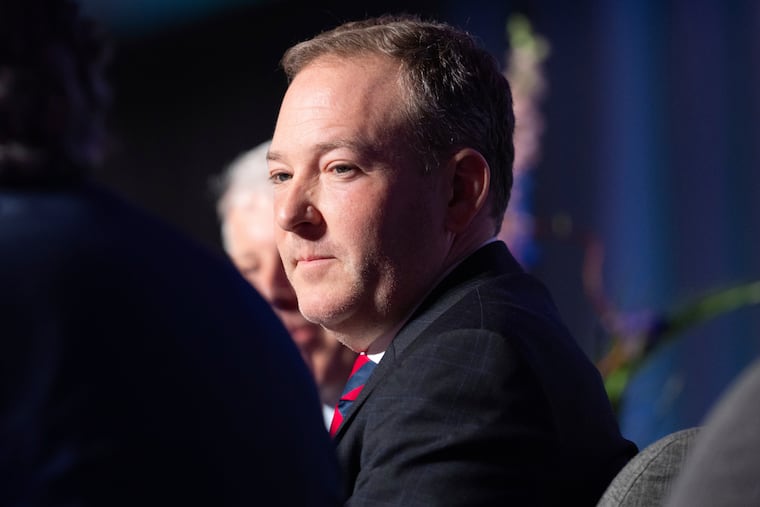NYC Bar Association to conduct judicial reviews, emphasizing the importance of accountability in the legal system.
At the New York City Bar Association, discussions surrounding the internal operations of the Judiciary Committee are typically reserved for private forums. This measured approach stems from the gravity of judicial vetting, a process underscored by discretion, integrity, and impartiality. Recent developments, including the decision by the Mayor’s Advisory Committee on the Judiciary (MACJ) to terminate a longstanding partnership, necessitate clarification regarding the importance of both judicial vetting processes.
For nearly 150 years, the Judiciary Committee has served as an independent custodian of judicial quality and public trust. Composed of approximately 50 volunteer attorneys from diverse legal backgrounds, the Committee members invest considerable unpaid hours each year, motivated by the belief that a fair and competent judiciary is essential to justice.
The Committee’s mandate encompasses a wide array of responsibilities. It evaluates judges seeking election, appointment, or reappointment across various courts within New York City, including Criminal, Family, Civil, Housing, and Surrogate’s Courts. Additionally, the Committee assesses candidates for certification upon reaching the age of 70, evaluates district attorney candidates from all five boroughs, and provides input on nominees for the U.S. Supreme Court and the New York Court of Appeals. The prevailing standard in all evaluations is unwavering: candidates must display the highest levels of professional competence and integrity.
The evaluation process is comprehensive. Candidates complete an elaborate questionnaire that details their background, litigation history, writing samples, and references from adversaries and judges alike. This information undergoes scrutiny by a subcommittee that investigates the candidate’s past work, engages with references, and holds direct discussions with the candidates themselves. Following this thorough assessment, the full Committee deliberates, ultimately voting to classify candidates as “Approved” or “Not Approved.” Candidates who decline to participate in the evaluation are automatically rated as “Not Approved for failure to demonstrate the qualifications for the office sought,” a crucial measure to uphold the credibility of the vetting system.
While the process is not without flaws, ongoing improvements are a priority. Suggestions for enhancement are encouraged; however, allegations of partisanship within the Committee are unfounded. The Judiciary Committee is purposefully diverse, encompassing a wide range of backgrounds, experiences, and viewpoints, yet remains united in its dedication to neutrality. Its members include defense attorneys, prosecutors, public interest lawyers, and private practitioners, allowing for a holistic review of candidates.
Most candidates who engage with the Judiciary Committee are approved, and even those who are not frequently acknowledge the fairness and seriousness of the process. Judges often appreciate the constructive feedback provided during evaluations, as it represents one of the rare opportunities for direct input from the practicing bar.
The commitment to fostering an honest, competent, and impartial judiciary is deeply rooted in the City Bar’s heritage. Founded in 1870 to challenge corruption pervasive in the courts during the Tammany Hall era, the organization has a long history of advocating for judicial integrity, having investigated instances of judicial misconduct and successfully prompting the impeachment of judges.
The partnership with MACJ has bolstered the efficacy of this mission over the years. Judges nominated for positions within Criminal Court, Family Court, and interim Civil Court vacancies were historically appointed only after receiving endorsements from both MACJ and the City Bar’s Judiciary Committee. This dual-review system not only ensured high standards but also provided complementary insights that enhanced the selection of qualified candidates.
However, in late 2024, MACJ opted to discontinue this partnership, citing concerns regarding redundancy and confidentiality. In response, the City Bar clarified its use of independent application materials and expressed a willingness to streamline its processes. Although MACJ’s decision has raised concerns, it is vital to recognize that these two independent evaluations serve to reinforce rather than duplicate one another, often illuminating different aspects of candidates’ qualifications.
In an era marked by political polarization, attacks on judicial authority, and diminishing public trust in institutions, the roles of the Judiciary Committee and similar independent entities like MACJ are more critical than ever. The City Bar remains steadfast in its mission to uphold judicial integrity. Looking forward, it will continue to scrutinize candidates with transparency, fairness, and rigor, recognizing that the quality of the courts directly influences the health of our democracy.
Media News Source






